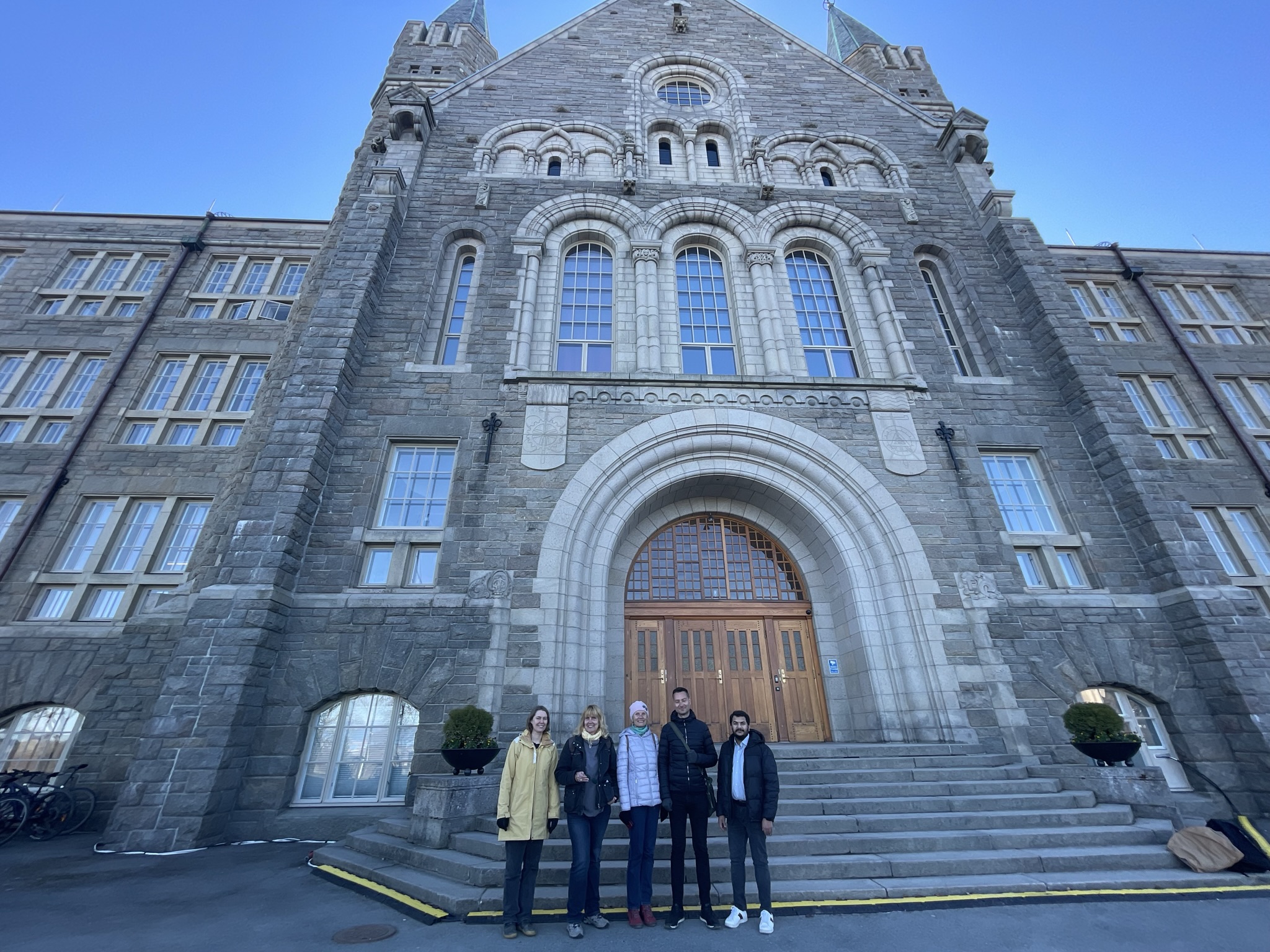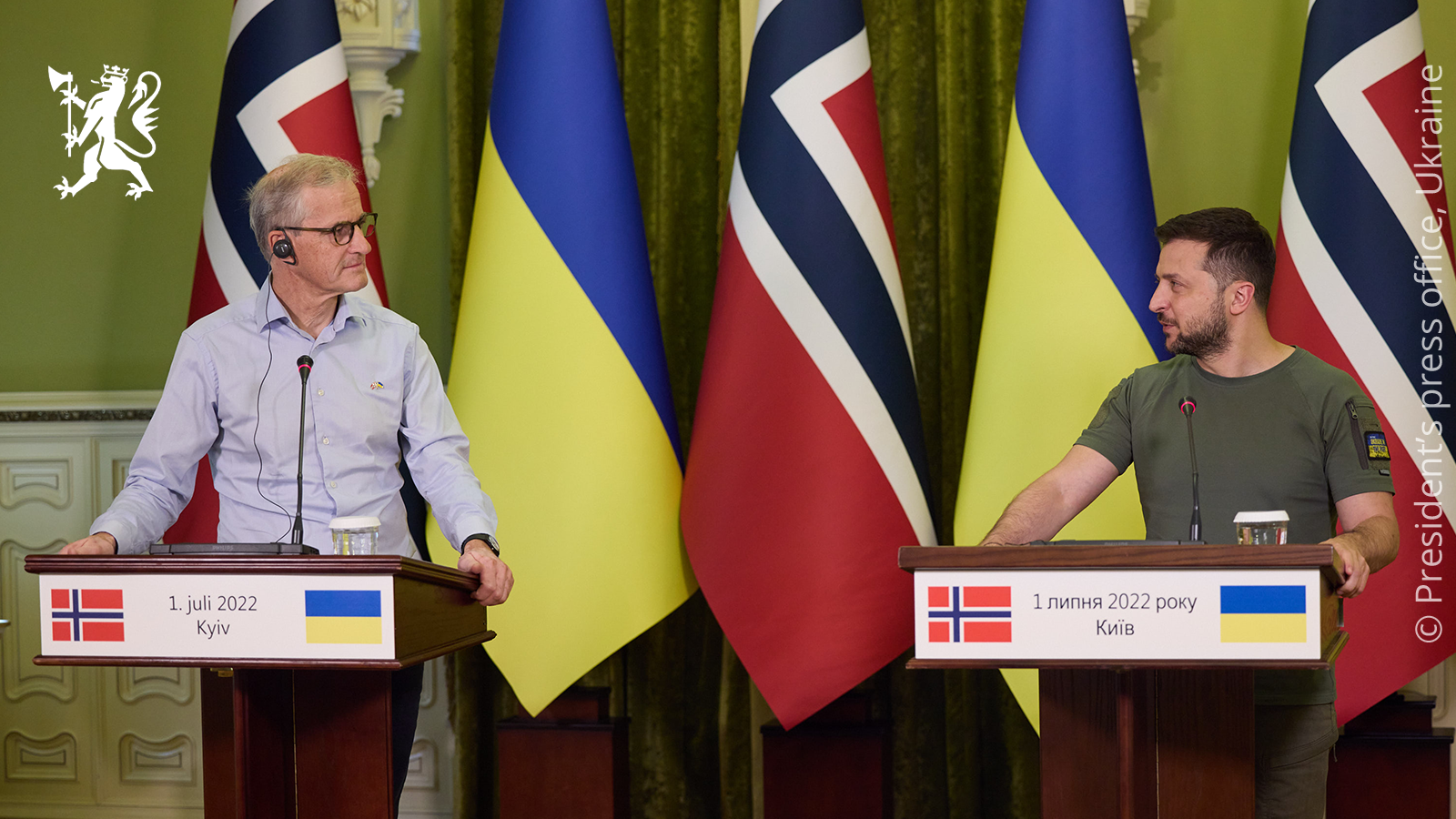Tech
Workshop on Artificial Intelligence in Formal Foreign Language Education: A Collaborative Initiative – NTNU Nyheter

Earlier this year, the MRPET research group from the Department of Information Security and Communication Technology (IIK) at Norwegian University of Science and Technology (NTNU) Gjøvik hosted a workshop on “Artificial Intelligence in Formal Foreign Language Education” (FFLE). The event was organized in collaboration with researchers from the Department of Applied Linguistics at Univerzita Hradec Králové (UHK), Czech Republic, and took place from April 16th to April 17th, 2024, at NTNU’s Trondheim campus.
This workshop is part of a larger project funded through the EHP/Norway 2014–2021 initiative (Artificial Intelligence in Formal Foreign Language Education, project no. EHP-BFNU-OVNKM-4-257-01-2023). It is a natural continuation of the previous bilateral project EHPBFNUOVNKM-4-198-01-2022, which established successful cooperation between the UHK and NTNU in Gjøvik, and looked at usefulness of emerging technologies in FFLE.
The focus this time is on exploring how AI technologies can be used in formal language education settings. Participants included project partners, researchers, and students from both institutions.
Day 1: Setting the stage for collaboration
Location: NTNU Gløshaugen Campus
The workshop started with a roundtable introduction where all participants briefly shared their research areas and expertise. This was followed by informal discussions about the current status of the partnership between NTNU and UHK, as well as potential future collaborations.
A key session on the first day was a presentation by Mikhail Forminykh from NTNU’s Department of Education and Lifelong Learning. He discussed the ARIDLL project, which focuses on using augmented reality for instructional design in foreign language learning. After a brief coffee break, the group discussed the findings from a study that analysed teachers’ responses to the use of AI tools, such as ChatGPT, in language classrooms in both Norway and the Czech Republic.
The first day concluded with an outline of the next steps in the project and a visit of the premises.
Day 2: Exploring new technologies in language education
Location: NTNU Dragvoll Campus
On the second day, participants were given a guided tour of NTNU’s Dragvoll campus, which included a visit to the university’s Virtual Reality (VR) lab, led by Ekaterina Prasolova-Førland. The lab team demonstrated some VR-based language learning tools and educational programs that are currently under development.
The workshop was concluded with some interesting discussions related to the next steps in the project including planned research paper, and the remaining activities.
Moving Forward: AI’s role in formal foreign language education
NTNU and UHK have an established collaboration, and both foreign project teams complement each other with the relevant expertise on the use of artificial intelligence (AI) in formal foreign language education (FFLE). The UHK team excels with pedagogy and linguistic issues of the use of AI in FFLE, while the NTNU team are experts with technological issues of the use of AI in FFLE. Thus, in working together, both teams tested the usability of the latest technologies, such as ChatGPT. They also conducted an experimental study to verify the use of AI in foreign language teaching in classrooms with a focused target group on “teachers” rather than the students which was done in the previous bilateral initiative. Moreover, their research networking expanded by other researchers from both institutions.
The collaboration between the two institutions will continue through further research, publications, and project activities.





